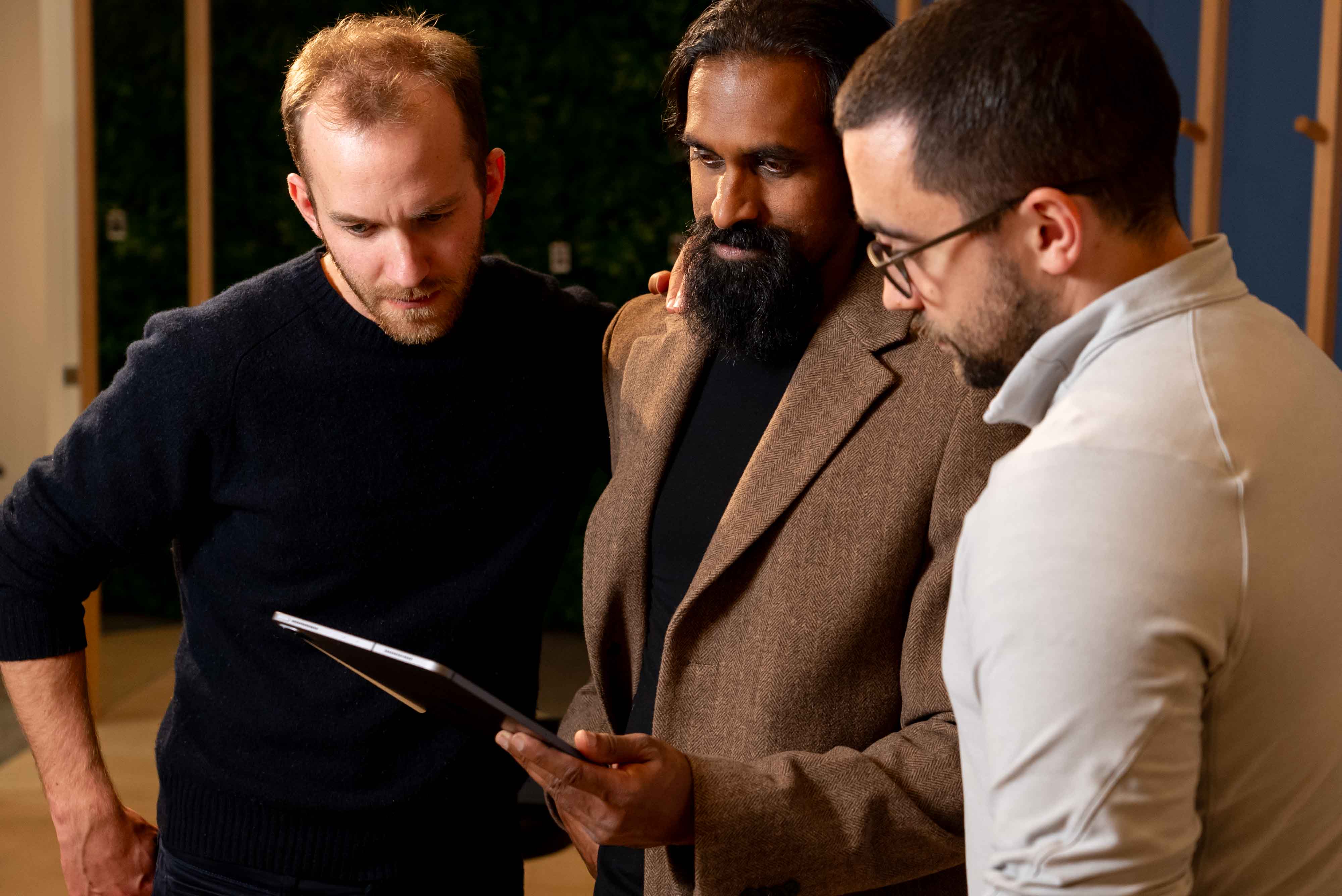📅 Upcoming Webinar: How AI Will Reshape Physiotherapy
Join us July 31st to unpack what AI means for hands-on care and how clinic owners can stay ahead.
👉
Register now on Kit →
AI in Physiotherapy Is Inevitable — Here's How Smart Clinic Owners Will Win
Artificial intelligence is accelerating fast — and physiotherapy isn’t immune. While other industries scramble to adapt, clinic owners have a rare advantage: they still hold what AI can’t replicate — skilled hands and real human connection.
But that advantage won’t last if you're still running low-value consults that could be delivered by a chatbot.
AI Is Already Replacing Low-Value Care
Let’s be clear. AI can already:
- Ask structured subjective questions
- Generate likely MSK diagnoses
- Prescribe exercises and rehab plans
- Deliver it all inside slick digital platforms
If your consult is just a 30-minute chat, a diagnosis, and a worksheet — you’re competing with free software. And you’re going to lose.
What AI Can’t Do
This is where physio still wins.
1. Hands-On Treatment
Skilled manual therapy, soft tissue work, joint mobilisations — none of this can be delivered through a screen. And patients feel the difference. There’s a reason hands-on care is still in demand, even in the most tech-saturated markets. The evidence is growing.
2. Human Empathy
Therapeutic alliance matters. Patients don’t just want to be assessed — they want to be seen. Heard. Held in trust. You can’t automate that.
Shorter Consults? Yes — But Smarter
It’s not about making sessions longer. In fact, shorter consults work beautifully when paired with:
- High-quality hands-on work
- Clear, confident communication
- AI-assisted documentation (so your time is spent on care, not admin)
If you haven’t already streamlined your notes, start with Cliniscribe — an AI scribe designed specifically for MSK private practice.
💡 See It In Action: Shoulder Diagnosis with AI
Wondering if AI can actually reason like a physio? In this behind-the-scenes demo, I show how a custom-trained GPT walks through a real clinical reasoning sequence for shoulder pain — using the BESS diagnostic pathway used by UK orthopaedic surgeons.
From red flag screening to rotator cuff logic, it handles the case like a well-trained grad would. It's not polished — but it's powerful.
How Clinic Owners Can Adapt
- Double down on what AI can’t do. Make hands-on care central.
- Coach your team in soft skills. Empathy is your edge.
- Stop tolerating generic, low-impact sessions.
- Build a brand around outcomes, not PDFs.
The Bottom Line
AI won’t replace high-skill therapists. But it will erase those who stay average.
If you want to lead — not lag — now’s the time to adapt.
💬 Ready to future-proof your clinic?
Book a 15-minute strategy call and get tailored advice on where AI fits into your business — and how to stay ahead of the curve.
Book Your Call Now →







